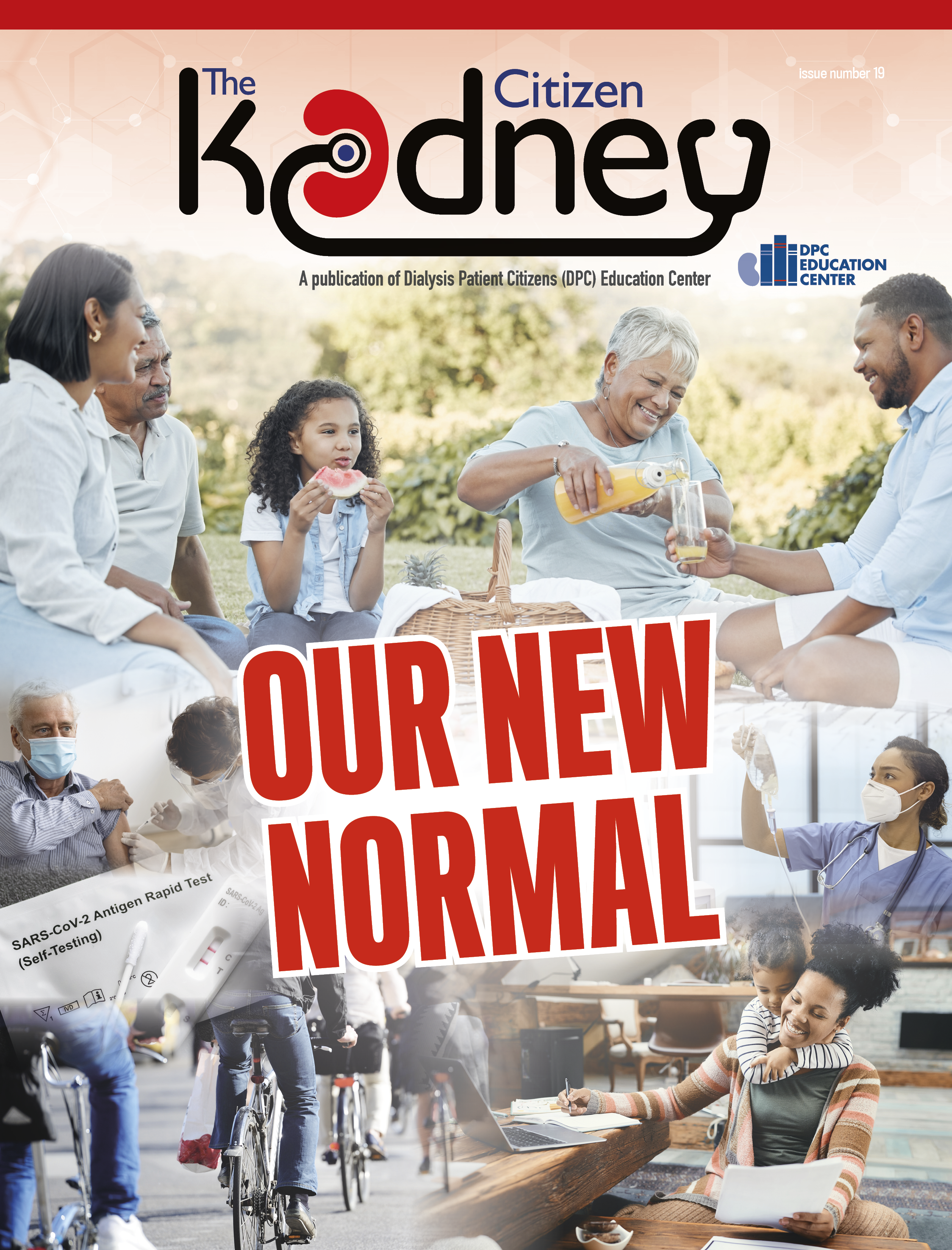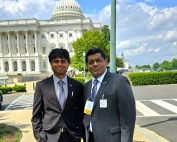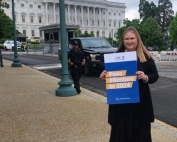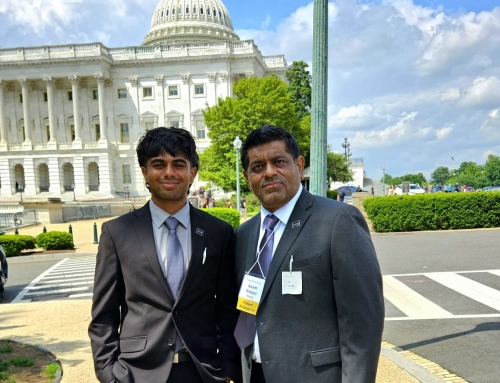In this Issue:
- Goals: The Secret Ingredient for Success
- My New Normal
- Sometimes It’s a Blessing in Disguise
- Ask the Doctor
- I Can Do Anything I Set My Mind To
- Kidney Friendly Recipes
- DPC’s 2024 Advocacy Day and 20th Anniversary Celebration
President’s Message
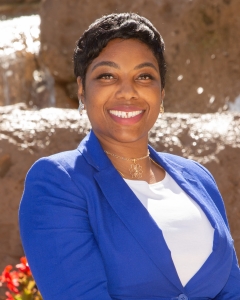
Welcome to Dialysis Patient Citizens’ 19th issue of The Kidney Citizen. Thank you for your unwavering support as DPC and the DPC Education Center continue to work for a better future for dialysis patients nationwide.
Every single day, patients across the US receive an End Stage Renal Disease (ESRD) diagnosis that changes their lives. Upon receiving the diagnosis, many patients enter a state of panic, confusion, or uneasiness about the future. However, with sufficient support and proper education about the disease, patients can rest assured that ESRD is manageable, and they can begin adjusting to their “new normal” on dialysis. ESRD is not a death sentence; on the contrary, it’s an opportunity for patients to persevere through significant change and become even stronger.
When my doctor told me my kidneys were failing back in 2014, I immediately worried for my family, especially my daughter. I thought about my small business, and whether I’d have the strength to continue running it and pay for my expensive treatment.
There were obstacles — there always are — for every patient, no matter what. I experienced some problems with my treatment facility. The staff did not have the resources they needed to treat a surplus of patients. I noticed low staff levels at my center, with the technicians spread thin and tired. My access to care felt scarce, even in New York City. It was very common to move clinics, as there just weren’t enough seats for everyone.
The challenges, while difficult, did not slow me down. DPC helped educate me on how to live healthily and happily with ESRD. I received dialysis treatment for two and a half years before receiving a kidney transplant in December of 2016. I did so while running a successful business and raising my exceptional daughter. Then came the COVID-19 pandemic, which proved all the more dangerous for me because I had to take immunosuppressant drugs as part of my post-transplant protocol. I needed the drugs to prevent my body from rejecting my new kidney, but the drugs exposed my body to dangers from the virus. But yet again, I prevailed.
With each step in the treatment process – beginning dialysis, preparing for transplant, receiving a transplant, and post-transplant care – I adjusted to a “new normal.” Each new step brought specific challenges, but none that were insurmountable. DPC seeks to show kidney patients that with support and determination, they can create a new “normal” for themselves. Of course, ESRD patients’ lives change forever upon beginning dialysis. Nevertheless, they don’t have to change for the worse. Through DPC, thousands of ESRD patients can unite, share their stories, and lean on each other. In doing so, they often find strength they didn’t know they had, and that’s a beautiful thing.
Sincerely,
Merida Bourjolly
President of DPC Education Center Board of Directors
CEO’s Message
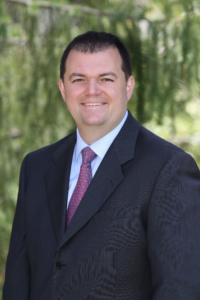
I hope you enjoy the latest issue of The Kidney Citizen. Recently, DPC celebrated our 20th anniversary, and we are immensely proud of the strides we have made together. Our journey has been marked by significant growth as well as a critical impact in advancing public policies to improve the lives of kidney patients across the nation.
DPC is more than an advocacy organization; it is a community. We unite kidney patients from all walks of life, providing a network of support during times of hardship and loneliness. It is well-documented that dialysis patients thrive when they bond with others facing similar challenges. At DPC, we create spaces where these vital connections can take place.
We often focus on expanding access to quality dialysis care, but we also understand the critical importance of addressing the emotional needs of dialysis patients. Loneliness and isolation are detrimental to health outcomes, yet social stigma around terms like “mental health” persists, often associated with weakness and inadequacy. This is why communities like DPC are more crucial than ever, offering a sanctuary where dialysis patients can relate to others, make their voices heard, and witness others triumph. And it is why the DPC Education Center maintains a strong relationship with the American Psychological Association (APA).
In the end, we know how difficult a diagnosis of End Stage Renal Disease (ESRD) can be, and how dialysis patients must endure drastic change when adjusting to their “new normal.” When patients contribute articles and letters to the editor, engage with others via Facebook and Instagram Live sessions, and gather in Washington, D.C. to amplify their voices, they become part of something larger than themselves. They learn that they can take control of their future.
We look forward to continuing to give dialysis patients the tools to improve their physical and emotional well-being. Thank you for being part of our community and for your continued support. Together, we will make the world a better place for kidney patients everywhere.
Sincerely,
Hrant Jamgochian, J.D., LL.M.
Chief Executive Officer, Dialysis Patient Citizens

